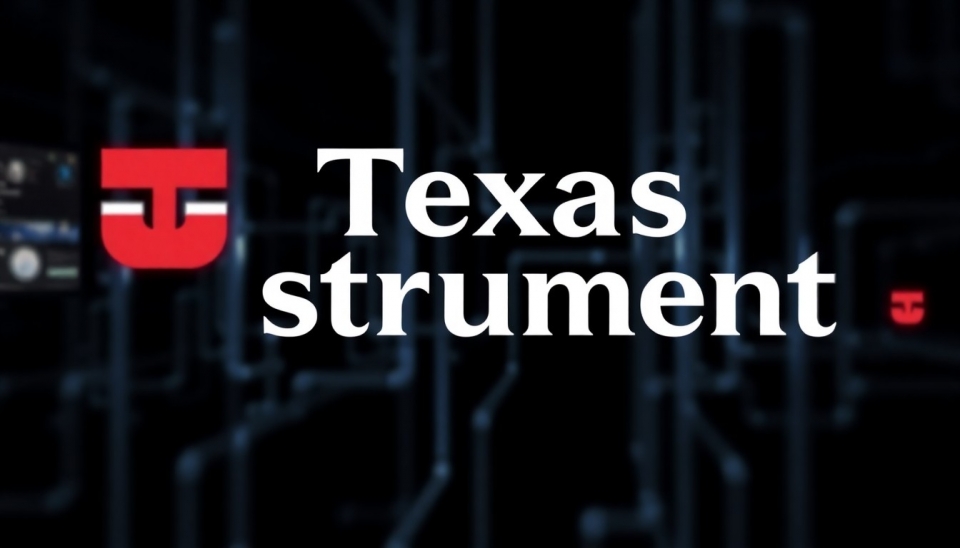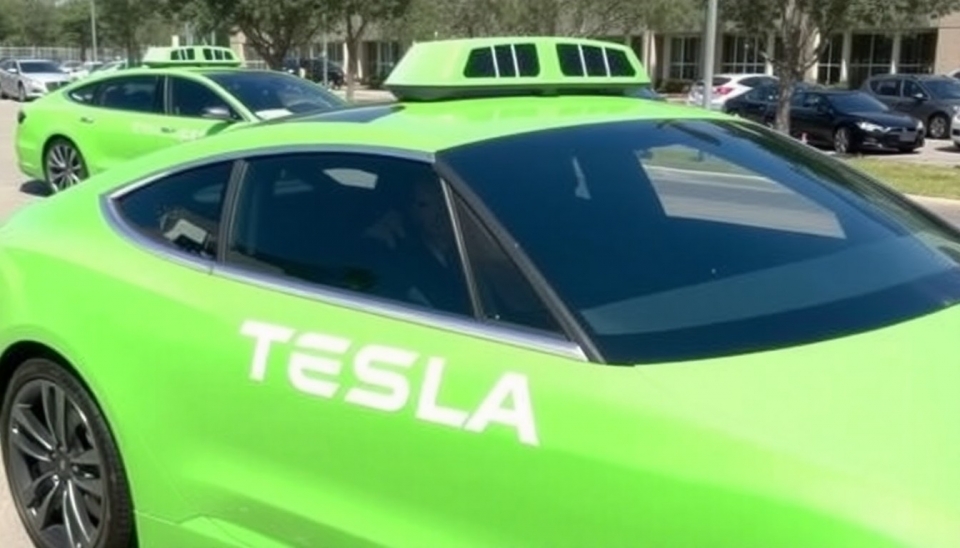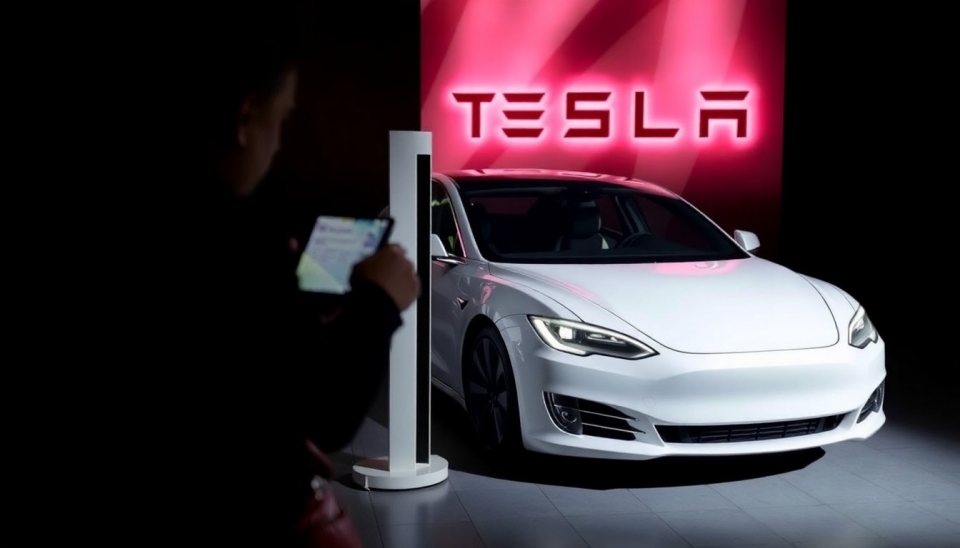
In a revealing new analysis, projections suggest that the demand for electric vehicles (EVs) in the United States could plummet by 27% if the current federal tax credit, which offers substantial financial incentives for EV buyers, is not extended. This sharp decline highlights the pivotal role that these incentives play in promoting the adoption of cleaner transportation options across the country.
The report comes from respected industry analysts who underscore that the green vehicle market is heavily reliant on the tax credits that have effectively stimulated purchasing behavior. Without these incentives, the price tag associated with electric vehicles, which often carries a premium compared to traditional gasoline-powered vehicles, may deter potential buyers.
Currently, buyers of new electric vehicles can benefit from a tax credit of up to $7,500. This deal has been instrumental in accelerating the adoption of EV technology, making it more affordable for the average consumer. However, questions surrounding the sustainability of such incentives have surfaced, especially as the Biden administration pushes for more robust climate initiatives and a broader shift to electric mobility.
Insiders point out that the elimination of tax credits could lead not only to decreased consumer interest but also to an unsettling ripple effect across the automotive industry. Manufacturers, already facing supply chain challenges and fluctuating raw material costs, would face even greater pressure without the boost that comes from government incentives. Automakers might delay or scale back their EV production plans, creating a potentially stagnated market at a time when innovation and growth are critical.
The ramifications of this potential decline extend beyond just sales figures. Experts warn that if EV demand decreases, it could also hamper efforts to reduce carbon emissions and combat climate change, a goal that is becoming increasingly urgent as global climate goals loom on the horizon. The swift transition to cleaner energy and transportation is deemed essential for mitigating climate risk, and any slowdown in EV adoption could set back these efforts significantly.
Furthermore, the competitive landscape among automakers could become even more fierce. If a significant drop in EV sales occurs, it may create an opportunity for traditional automakers to regain market share lost to electric competitors. This scenario could stall the rapid progress that has been seen in the sector and could ultimately lead to confusion among consumers regarding the viability of EVs.
As the deadline for the current federal tax credit draws near, stakeholders across the automotive sector are watching closely to see if the government will choose to continue this critical support for electric vehicles. Industry leaders are advocating for the preservation and expansion of such incentives to ensure continued growth and market stability.
The future of electric vehicles in the U.S. may depend greatly on the decisions made in the coming months. As demand projections show significant potential downside without tax support, it remains to be seen how policymakers will respond to the urgent call for action from both consumers and industry advocates.
In conclusion, without decisive action to extend or enhance tax incentives for electric vehicles, the ambitious goal of achieving widespread EV adoption and lowering emissions could face serious obstacles. As the automotive landscape evolves, the fate of electric vehicles may hinge on the balance of fiscal policies and the commitment to a sustainable future.
#ElectricVehicles #EVMarket #TaxCredit #CleanEnergy #ClimateChange #SustainableTransportation #BidenAdministration #AutoIndustry #GreenCars
Author: John Miller




